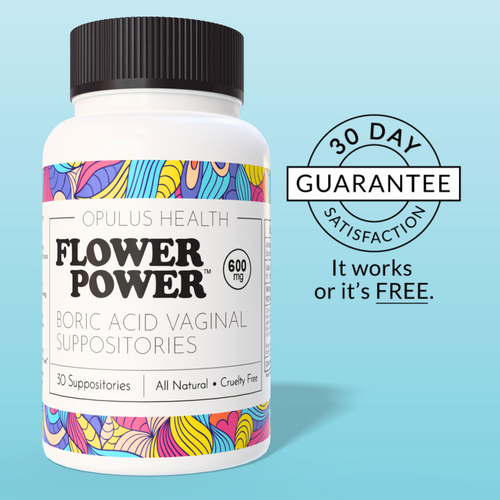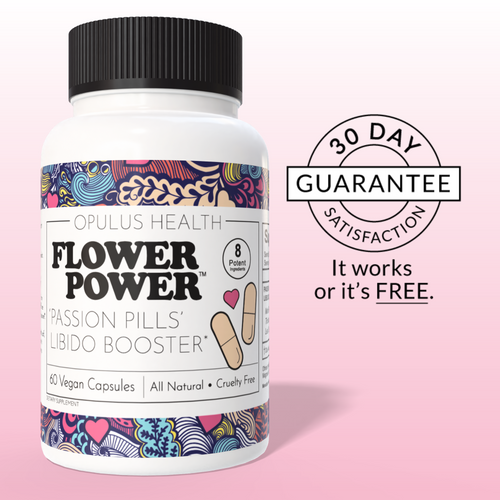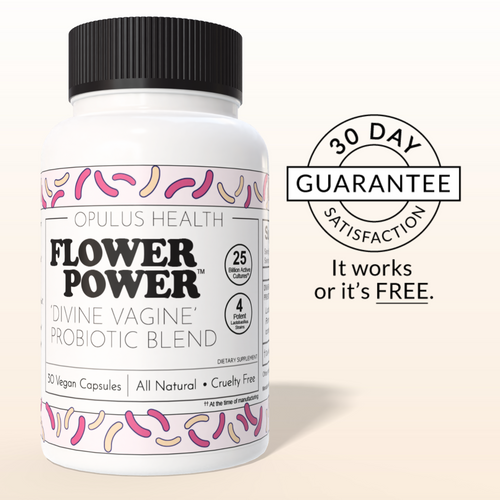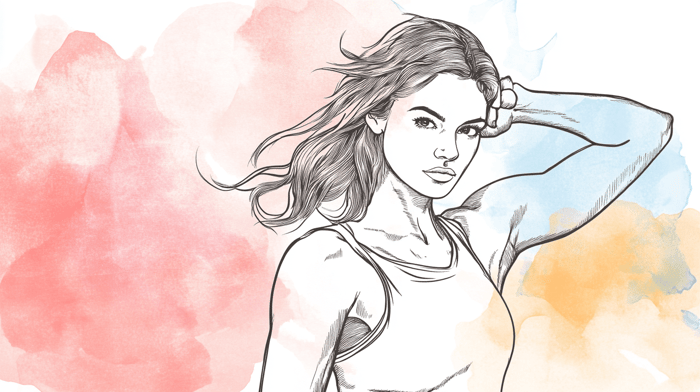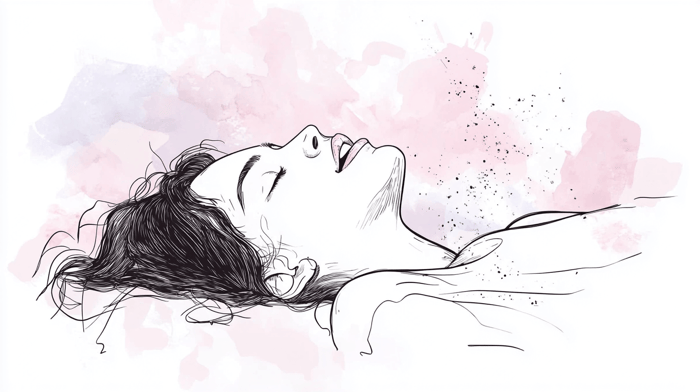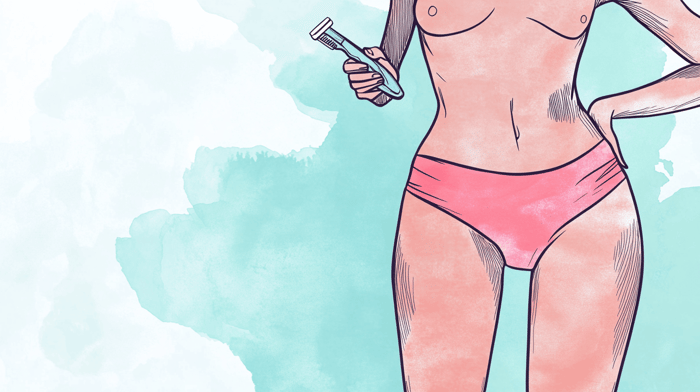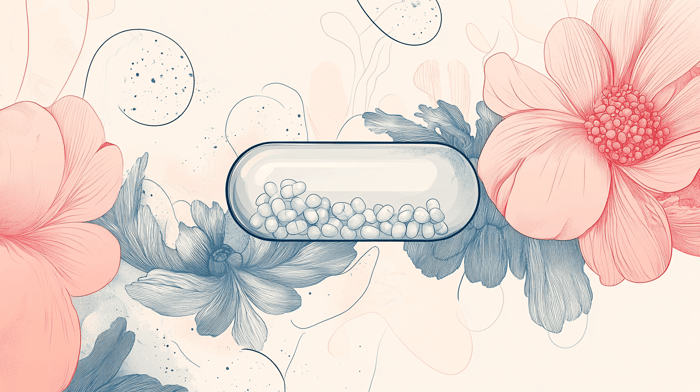Our hormones influence everything from our mood to our energy levels. One hormone in particular, testosterone, plays a vital role in our sexual desire and vitality.
Testosterone is often thought of as a "male hormone," but women have it too, just in smaller amounts. Even in small concentrations, testosterone has a powerful effect on libido and energy.
In this article, we’ll explore what testosterone does in the female body, how it affects libido, and ways you can naturally boost your testosterone levels to improve energy and sexual health.
What Exactly Is Testosterone?
Testosterone is a type of androgen hormone produced in both men and women. It plays a significant role in maintaining the female reproductive system and sexual desire.
In women, testosterone is produced in small amounts by the ovaries and adrenal glands. Normal testosterone levels in women range from 15 to 70 ng/dL of blood, but what’s healthy for you may depend on your age. When your testosterone levels are too low or too high, it can impact your health in various ways.
Unmistakable Signs that Your Testosterone Level May Be Too Low
Low testosterone is considered to be under 15 ng/dL. The most common cause of testosterone decline in women is age, particularly after age 30 and around menopause.
A blood test is the most accurate way to measure testosterone levels, but here are some signs your testosterone may be too low:
- Low libido and arousal — Many women notice a sharp drop in their sexual desire. If you find it harder to get in the mood or your body doesn’t respond to arousal, low testosterone could be to blame.
- Muscle weakness and persistent fatigue — Testosterone helps maintain muscle strength. A lack of it may leave you feeling physically weak and chronically tired.
- Mood swings and depression — Hormonal changes during menopause can throw off your neurotransmitters, leading to mood swings, irritability, and even depression.
- Fertility issues — Testosterone supports the development of follicles that carry and release eggs. Low levels may contribute to fertility problems.
- Vaginal dryness — Testosterone helps maintain vaginal lubrication, so lower levels can lead to dryness, discomfort, and painful sex.
If you're experiencing any of these symptoms, it’s best to consult your doctor and get your testosterone levels checked.
Causes of Low Testosterone in Women
Here are the primary causes of low testosterone in women:
- Natural aging — Hormone levels naturally decline with age, especially after menopause, when testosterone levels can drop by half.
- Damage to the ovaries or adrenal glands — Testosterone is produced in the ovaries and adrenal glands, so conditions like tumors, chemotherapy, or surgeries that affect these organs can reduce testosterone production.
Other causes include chronic stress, extreme weight loss, or hormonal imbalances caused by conditions like hyperprolactinemia.
Treatment Options for Low Testosterone
If your testosterone levels are low, there are treatment options available:
- Hormone replacement therapy — This involves taking medication such as patches, gels, or injections to boost testosterone levels.
- DHEA supplementation — DHEA is a hormone that the body converts into testosterone. Taking DHEA supplements can help raise your testosterone levels.
- Lifestyle changes — Reducing stress, eating a balanced diet, getting enough sleep, and limiting alcohol can help your body naturally regulate hormone levels.
Always consult your doctor before starting any treatment to determine the best approach for you.
Signs that Your Testosterone Level May Be Too High
Too much testosterone can also cause health issues in women. Here are some signs that your testosterone levels may be elevated:
- Acne — High testosterone increases oil production, leading to clogged pores and acne.
- Increased muscle mass — Women with high testosterone may notice more muscle development.
- Excessive hair growth — High testosterone can cause male-pattern hair growth, particularly on the chest, back, and face.
- Reduced breast size — Higher levels of testosterone can lead to smaller breasts as testosterone counters estrogen.
Other signs include irregular periods, a deepening voice, and male-pattern baldness.
Causes of High Testosterone in Women
Here are a few conditions that can cause high testosterone levels in women:
- Hirsutism — This condition causes excessive hair growth in areas like the face and chest. It can also cause acne and balding.
- Polycystic Ovary Syndrome (PCOS) — PCOS is a common condition that affects hormone levels, leading to symptoms like irregular periods, hair growth, and weight gain.
- Congenital adrenal hyperplasia (CAH) — This genetic disorder affects hormone production, leading to an excess of testosterone.
Treatment Options for Women With High Testosterone
Your treatment will depend on the cause of your high testosterone levels. Here are some common treatment options:
PCOS Treatment
- Diet and lifestyle changes to promote weight loss and balance hormones.
- Medications to stimulate ovulation, such as clomiphene and letrozole.
- Treatments for specific symptoms, such as hair removal or medications to block testosterone.
Hirsutism Treatment
- Laser hair removal or electrolysis for long-term hair reduction.
- Lifestyle changes to manage hormone levels.
CAH Treatment
The goal is to reduce testosterone production and replace deficient hormones through medications like corticosteroids and salt supplements.
Putting It All Together
Testosterone plays a crucial role in your overall health, from libido to muscle strength. While fluctuations in hormone levels are natural, it's important to recognize when these changes are affecting your well-being. If you’re experiencing any symptoms of low or high testosterone, consult your doctor for a proper diagnosis and treatment plan.

